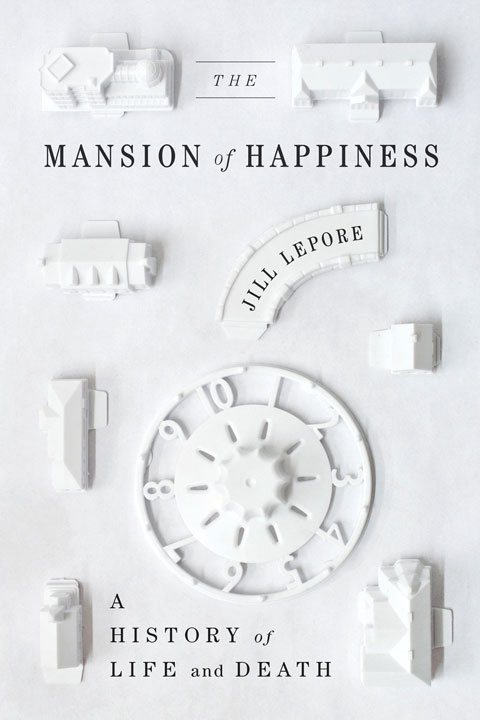
The subtitle to Jill Lepore’s new book The Mansion of Happiness: A History of Life and Death says it all. As heavy as that sounds from this Harvard scholar, it’s an entertaining summer read. Lepore talks about how Americans’ view of baby-hood, those volatile teenaged years, middle and old age — have shifted through the years. To wit: E.B. White’s Stuart Little pops up as a case-in-point to show how attitudes have changed about childhood. Back in the Forties, that talking mouse was almost banned in libraries. Bad for kids, the critics said, because reality and fantasy were too tightly intertwined.
As for the main title itself, The Mansion of Happiness. It stems from a similarly named 19th-century English board game, where players race through the different stages of life. Today, you know it as Milton Bradley’s Game of Life.
